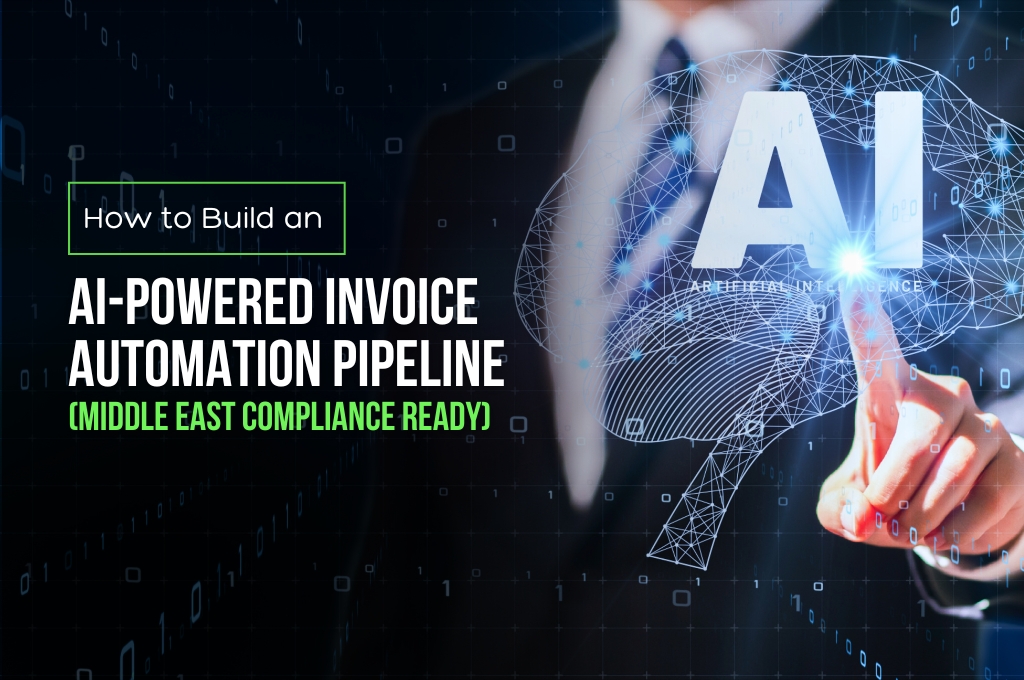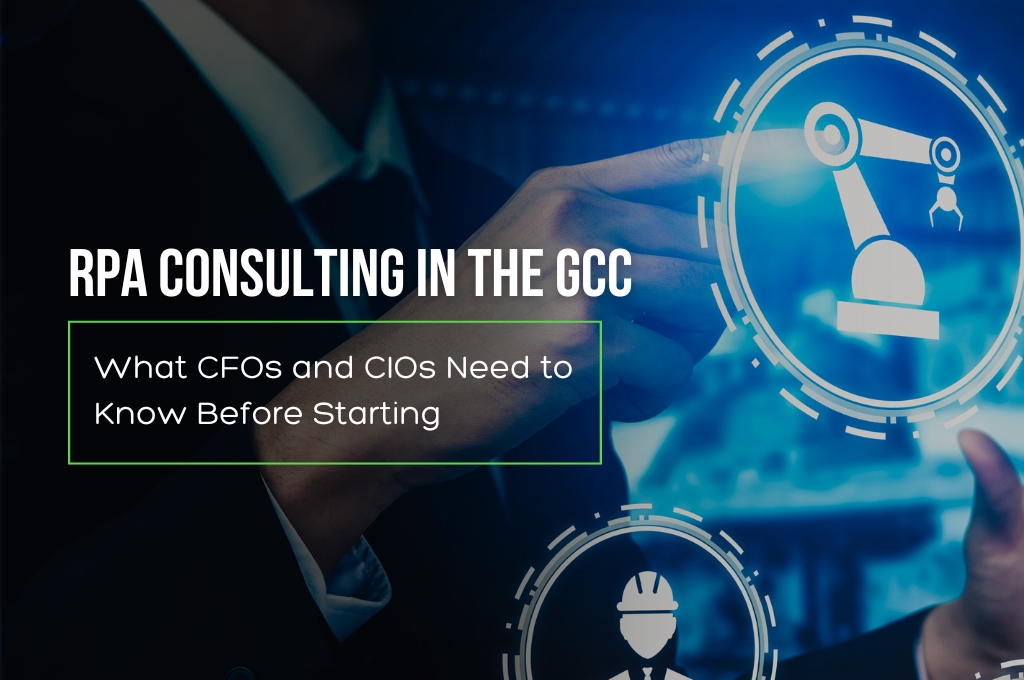As artificial intelligence (AI) continues to revolutionize industries across the globe, it brings with it both incredible opportunities and significant challenges. One of the most pressing concerns in this new age is data security. With AI’s capacity to process and analyze vast amounts of data, the potential for breaches and misuse is heightened. However, AI also offers innovative solutions to bolster data security. Navigating this delicate balance requires a nuanced understanding of both the risks and the protections AI can provide.
The Double-Edged Sword of AI
AI’s ability to analyze massive datasets at unprecedented speeds is a double-edged sword. On one hand, it can detect patterns and anomalies that might indicate security threats, far beyond the capability of human analysts. On the other, this same capability can be exploited by malicious actors to identify vulnerabilities and orchestrate sophisticated cyber-attacks.
In recent years, we’ve seen AI-driven attacks such as deepfakes, which use machine learning to create hyper-realistic but fake media. These can be used to impersonate individuals and gain unauthorized access to sensitive information. Additionally, AI can be used to automate phishing attacks, making them more convincing and harder to detect.
AI-Enhanced Security Measures
Despite these risks, AI also offers powerful tools to enhance data security. Machine learning algorithms can be trained to recognize unusual patterns of behavior that may indicate a security breach. For instance, AI can monitor network traffic in real-time, identifying anomalies that suggest a potential cyber-attack. This proactive approach allows for quicker responses, potentially mitigating damage.
One of the most significant advancements in AI-enhanced security is the development of predictive analytics. By analyzing historical data, AI can predict and preempt security threats before they occur. This shift from reactive to proactive security measures marks a significant leap forward in protecting sensitive information.
Data Privacy Concerns
While AI can enhance security, it also raises important questions about data privacy. The vast amounts of data required to train AI systems often include personal and sensitive information. Ensuring this data is handled responsibly is crucial. Data anonymization techniques, which strip personally identifiable information from datasets, are one way to mitigate privacy concerns. However, these techniques must be applied carefully to ensure they do not compromise the utility of the data for AI training.
Regulations such as the General Data Protection Regulation (GDPR) in Europe and the California Consumer Privacy Act (CCPA) in the United States are critical in setting standards for data privacy. Compliance with these regulations is essential for any organization leveraging AI, ensuring that data is collected, stored, and used ethically and legally.
The Role of Human Oversight
Despite the advances in AI, human oversight remains a crucial component of data security. AI systems, while powerful, are not infallible. They can be biased, make errors, and be manipulated by skilled adversaries. Human expertise is necessary to interpret AI findings, make judgment calls, and address ethical considerations.
Furthermore, the development and deployment of AI systems should include thorough risk assessments and regular audits to ensure they are functioning as intended and not introducing new vulnerabilities.
Conclusion
Data security in the age of AI is a complex and evolving landscape. The power of AI to both enhance and threaten security necessitates a careful and informed approach. By leveraging AI’s capabilities for predictive analytics, real-time monitoring, and anomaly detection, organizations can significantly bolster their data security. However, this must be balanced with robust data privacy measures, regulatory compliance, and ongoing human oversight.
As we continue to explore the potential of AI, it is imperative to remain vigilant and proactive in addressing the security challenges it brings. By doing so, we can harness the benefits of AI while safeguarding the integrity and privacy of our data. The age of AI is upon us, and with it comes the responsibility to protect our digital frontier with innovation, diligence, and foresight.
Click here to learn more about our AI-driven automation solutions.




